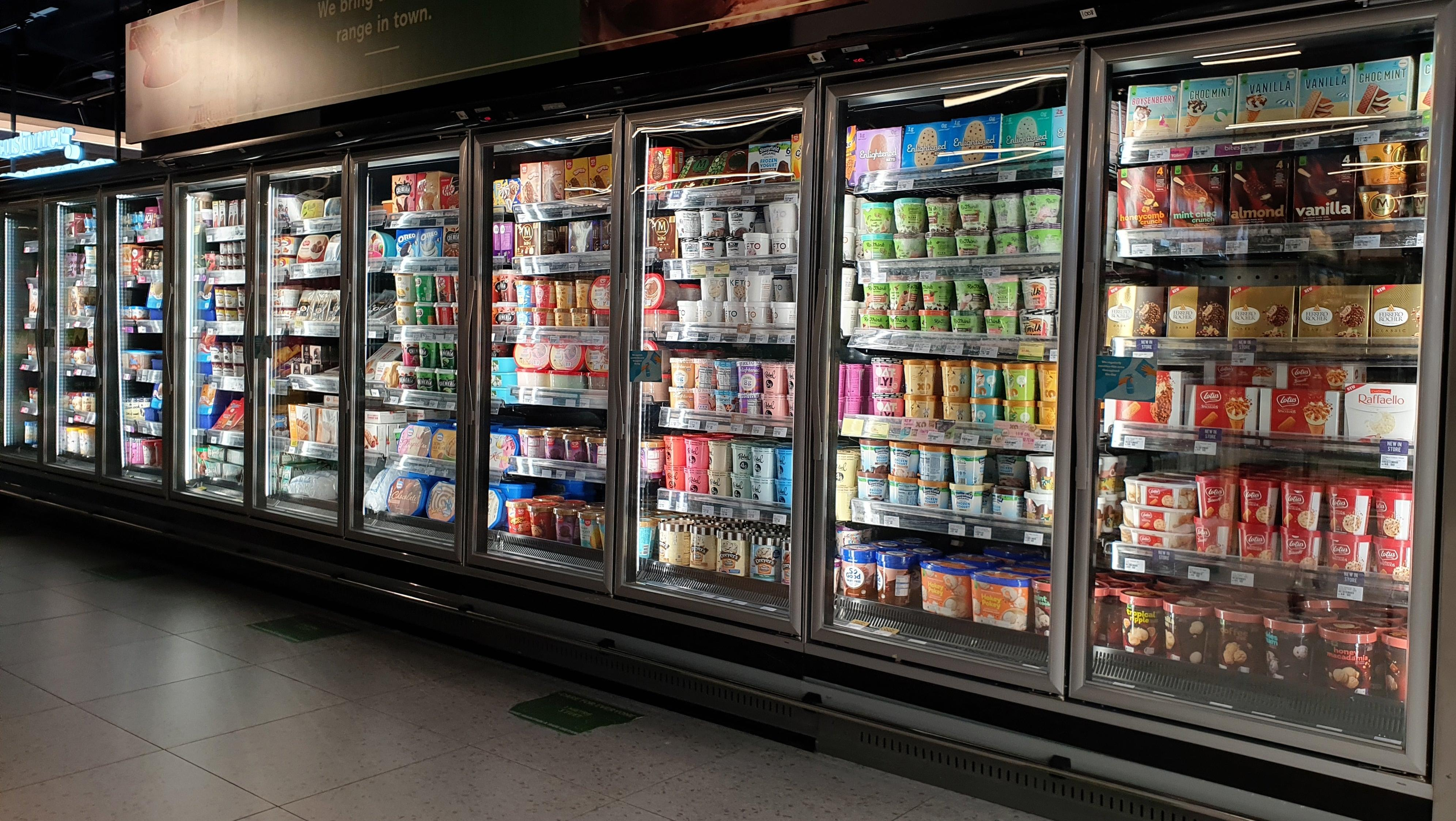The Foods Hit Hardest In A Recession
Consider the last thing you'd buy if you needed to save money.
The possibility of an impending recession is causing a big stir. The stock market is struggling, companies are hiring fewer people, and many industries are bracing for the impact of customers changing their spending habits to weather the storm. Our food purchases are a primary example of how we make those adjustments, and Food Business News reports that one grocery sector is probably going to be hit hardest in the event of a recession.
Which foods are affected most by economic recession?
It's a category Food Business News labels "indulgent foods," a term preferred in the industry over the more commonly used "junk food." That covers savory snacks, candies, chocolate, and ice cream. Basically, the stuff you probably crave on a regular basis, but can convince yourself you don't necessarily need.
I'm already seeing my own spending habits change since prices keep going up. Do we really have to try that new novelty flavor of potato chips? Can I live without a pint of premium ice cream until my next run to the store? More often than not, the answer to these questions is obvious, and I find that I can do without spending money on extras for a little while.
"As these products are often positioned as treats and rewards and not staple parts of weekly meals, they are more likely to be compromised in consumers' shopping baskets as household budgets continue to get tighter and consumers consider their health priorities." says Jenny Questier, senior analyst at GlobalData, the market research firm whose data is cited in Food Business News.
One particular section of the indulgent foods category is going to be hit the hardest, and that's ice cream.
"Ice cream specifically has associated manufacturing, logistics and storage costs around freezing that will have to be passed on to the consumer as energy costs continue to rise," said Questier. "Added costs combined with the seasonality of these products will further dampen peoples' desire to purchase these in the future as they focus on essential items."
People's spending habits on things like chocolate are already on the decline. Consumers who typically spend a lot on indulgent foods (according to a previous GlobalData survey) cut back 12% during the third fiscal quarter of this year. Maybe they were just saving their appetites for Halloween candy?
How a recession will impact what we eat
What this means is that you'll probably see "shrinkflation" happening more often. That's when packages get smaller, but you're still paying the same price as before. GlobalData also predicts an uptick in cross-promotions tied to essential items that you'd likely be buying anyway.
It's sort of a mind game. Companies will try to keep prices as low as they can, especially when it comes to indulgence items, in order to encourage people to grab chocolate at the cash register on the way out of the store. But not only are they going to have to convince us to spend on indulgences at the end of a grocery run for staple items that are much more expensive than usual, they're also going to have to convince us that we should be okay with buying the smaller, shrinkflated version of the indulgences we love most.
Personally, I'm willing to forgo a lot of treats if it means I don't have to experience a panic attack every time I check my bank account. The first items to go are going to be the ones I can truly live without. Whether the majority of consumers feel the same way is yet to be seen.
